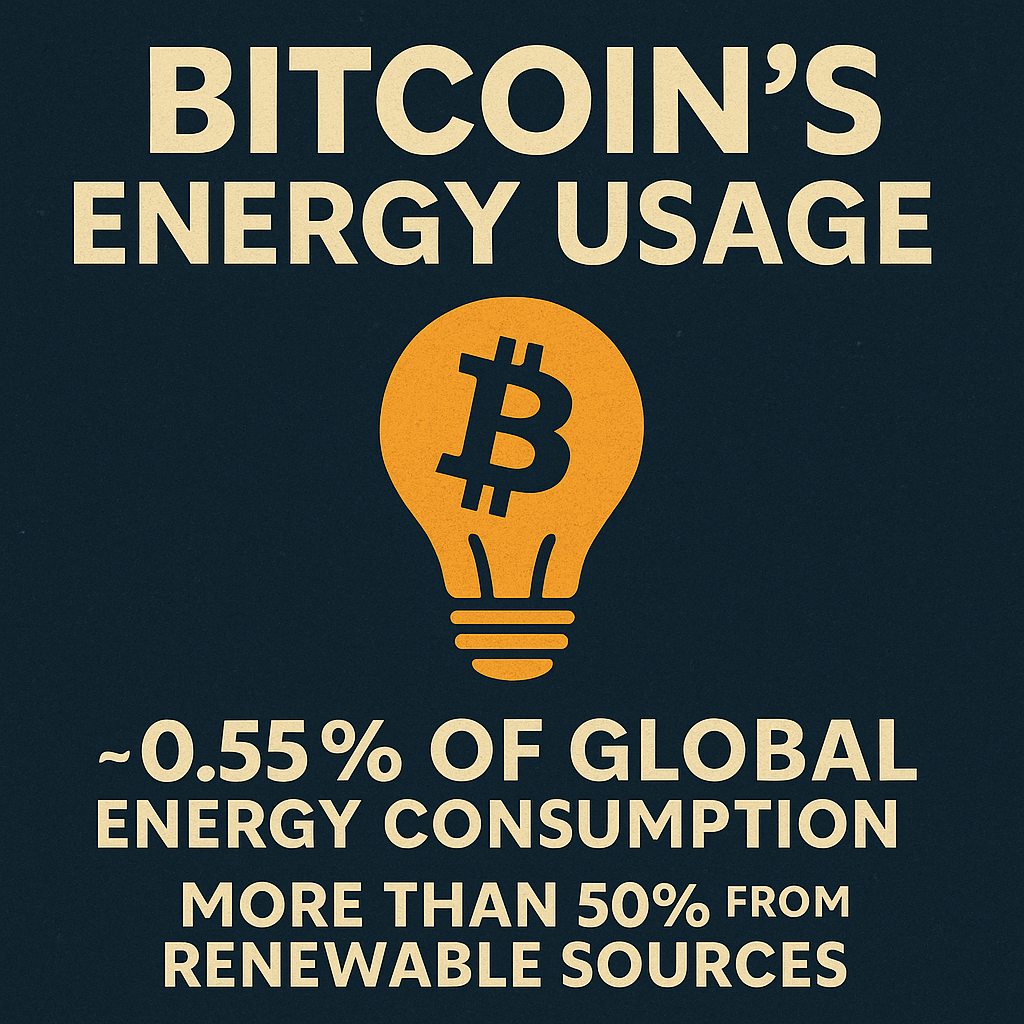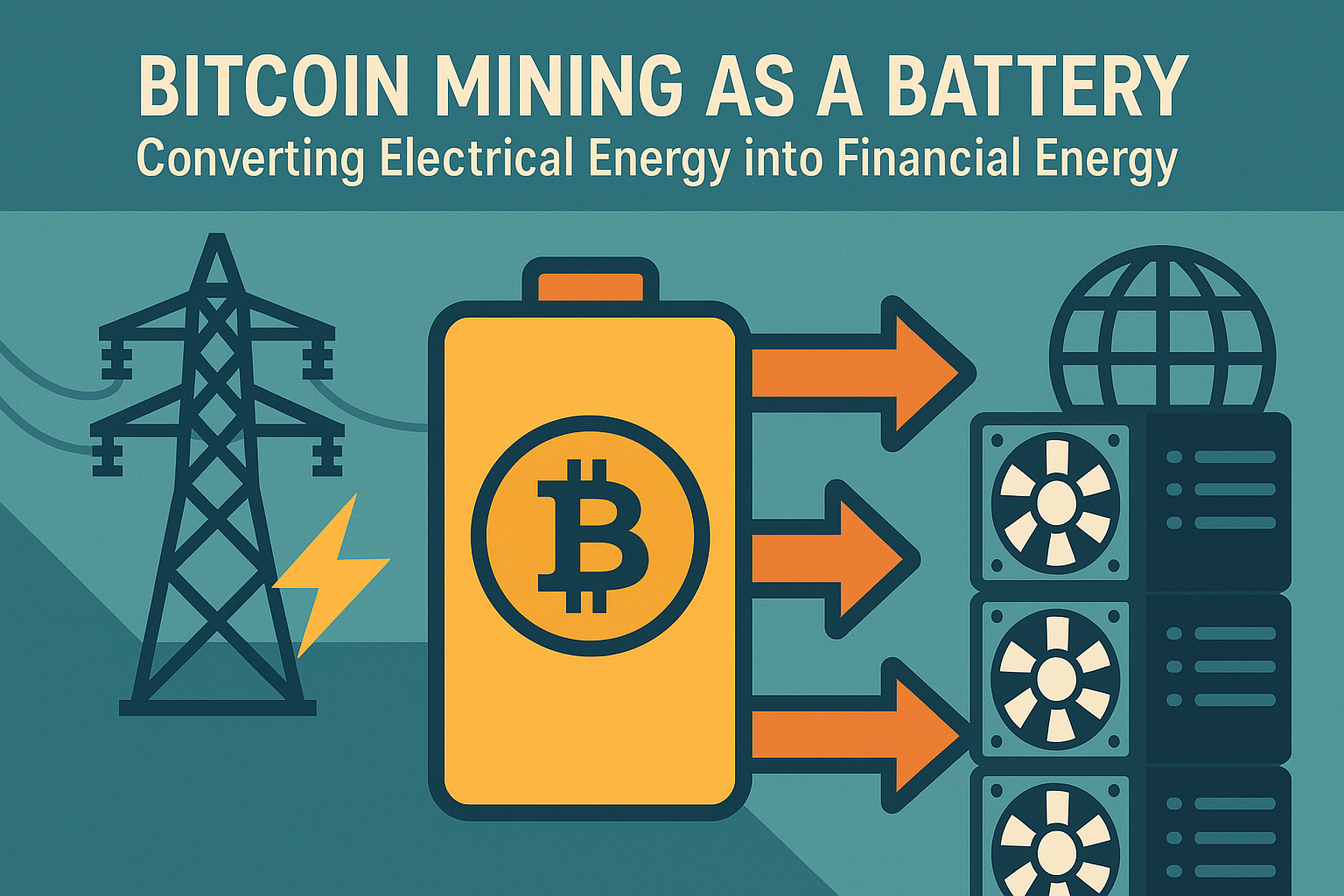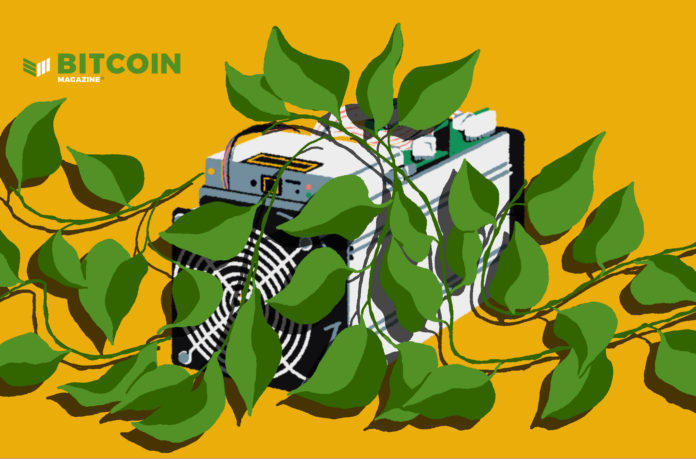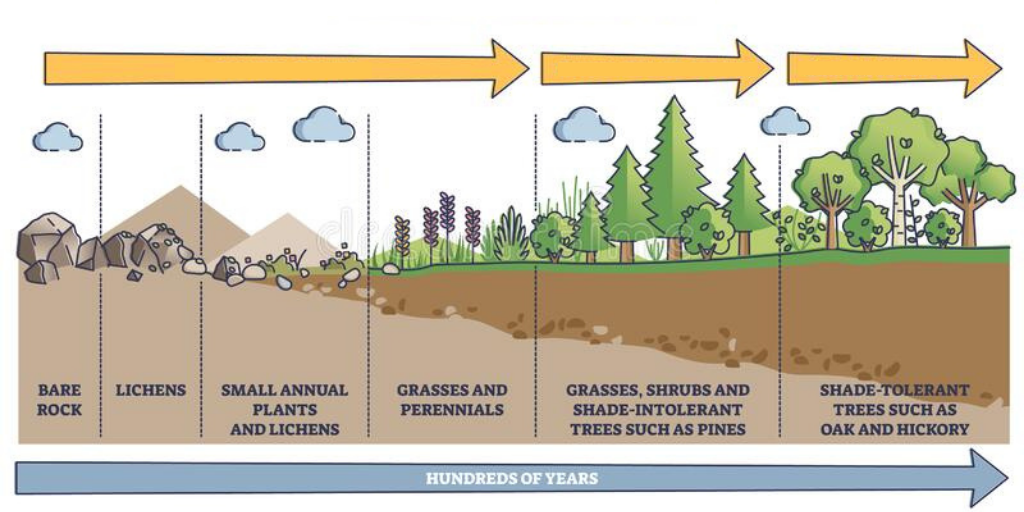ENVIRONMENTAL CASE
for BITCOIN
ENVIRONMENTAL CASE
for Bitcoin
Explore a curated collection of articles, videos, and research that dive into Bitcoin’s environmental impact, energy use, and sustainability efforts.

“Energy use is not a flaw of Bitcoin—it’s what gives it strength, security, and independence.”
– Lyn Alden

“Energy use is not a flaw of Bitcoin—it’s what gives it strength, security, and independence.”
– Lyn Alden
Featured

Is Bitcoin Bad for the Environment? Let’s Clear the Air
If you’ve heard that “Bitcoin is boiling the oceans,” you’re not alone.
Mainstream headlines love this narrative. They paint Bitcoin as an energy-guzzling monster—wasting electricity while the planet burns.
But here’s the truth: the people saying this rarely understand what Bitcoin mining actually is—or how it’s transforming global energy systems for the better. And no one breaks this down better than Lyn Alden in her landmark piece, “The Bitcoin Energy Debate.” Let’s explore the facts.
Let’s break it down. Honestly. Objectively. And with the facts.
First: Yes, Bitcoin Uses Energy
Let’s not sugarcoat it—Bitcoin does use energy.
It’s supposed to.
That energy powers a decentralized network with no central authority. It replaces trust in institutions with verifiable math. And that process—called Proof of Work—requires real-world electricity to secure the network.
But here’s the key question:
Is it wasteful? Or is it worth it?
Because everything uses energy.
Banks, data centers, Netflix, Christmas lights.
The real question is: What do we get in return?
What Bitcoin Gives Us
Bitcoin provides:
A global, open monetary network that anyone can access
An incorruptible ledger that can’t be censored or inflated
Financial sovereignty for people in oppressive regimes
A lifeline for those in failing fiat systems
In return, it uses less energy than tumble dryers or cruise ships.
That’s not waste. That’s value.
But What About the Carbon Footprint?
This is where things get interesting.
Bitcoin doesn’t create emissions—it simply consumes electricity. The carbon impact depends entirely on how that energy is produced.
And here’s what the data shows:
Over 55% of Bitcoin mining already uses renewable or wasted energy.
Miners seek the cheapest energy possible—which often means hydro, wind, or stranded methane.
Bitcoin can be moved to where clean energy is abundant, unlike factories or cities.
Example: In Texas, Bitcoin miners stabilize the energy grid by turning off during peak demand. In doing so, they help prevent blackouts. No other industry offers that kind of flexibility.
Bitcoin is becoming the buyer of last resort for clean energy. It monetizes surplus power that would otherwise be wasted.
Bitcoin vs Traditional Systems
Let’s compare:
Gold mining is dirty, destructive, and energy-intensive.
Fiat banking includes skyscrapers, branch offices, ATMs, armored trucks, and credit card infrastructure—all burning energy.
Bitcoin uses none of that. Just software and electricity.
And yet, only Bitcoin is scrutinized.
Why?
Because Bitcoin is easy to measure—and hard to control.
A Tool for Greener Innovation
Here’s the twist most critics miss:
Bitcoin isn’t the enemy of the environment—it’s becoming one of its greatest tools.
It makes renewable energy more profitable.
It funds off-grid energy development in remote regions.
It eliminates methane flaring from oil fields by using it for mining instead of wasting it.
It helps balance grids, prevent blackouts, and create better energy economics.
It’s like blaming the internet for electricity use in 1995—without seeing the innovation it would unlock.
Final Thoughts
Bitcoin’s environmental impact isn’t a black-and-white issue. But it’s certainly not the villain it’s made out to be.
It uses energy intentionally to secure a global, censorship-resistant money system. And increasingly, that energy is clean, wasted, or renewably sourced.
Instead of boiling the oceans, Bitcoin might just be the technology that helps cool down our relationship with energy waste.
The next time someone says “Bitcoin is bad for the planet,” ask them:
Compared to what?
Curious how Bitcoin actually works—and why it matters?
Grab our free guide: Bitcoin Unlocked: A Guide to Financial Sovereignty
Shout out to BullishBTC.com—where we go beyond the headlines and get to the truth about Bitcoin.
Introducing Soluna’s Project Dorothy: A Wind-Powered Data Center in Texas
Bitcoin Mining: Separating Fact from Fiction
Bitcoin's Energy Consumption and its Environmental Impact
How Bitcoin Can Expand the Grid in Africa with Erik Hersman
Turning Garbage into Bitcoin with Adam Wright
Builders + Innovators Summit 2021: Crusoe Energy
OUR GOAL
Our goal is to educate others on the value of owning Bitcoin from both a financial and humanitarian perspective.
QUICK LINKS
© 2025, BullishBTC. All rights reserved.











